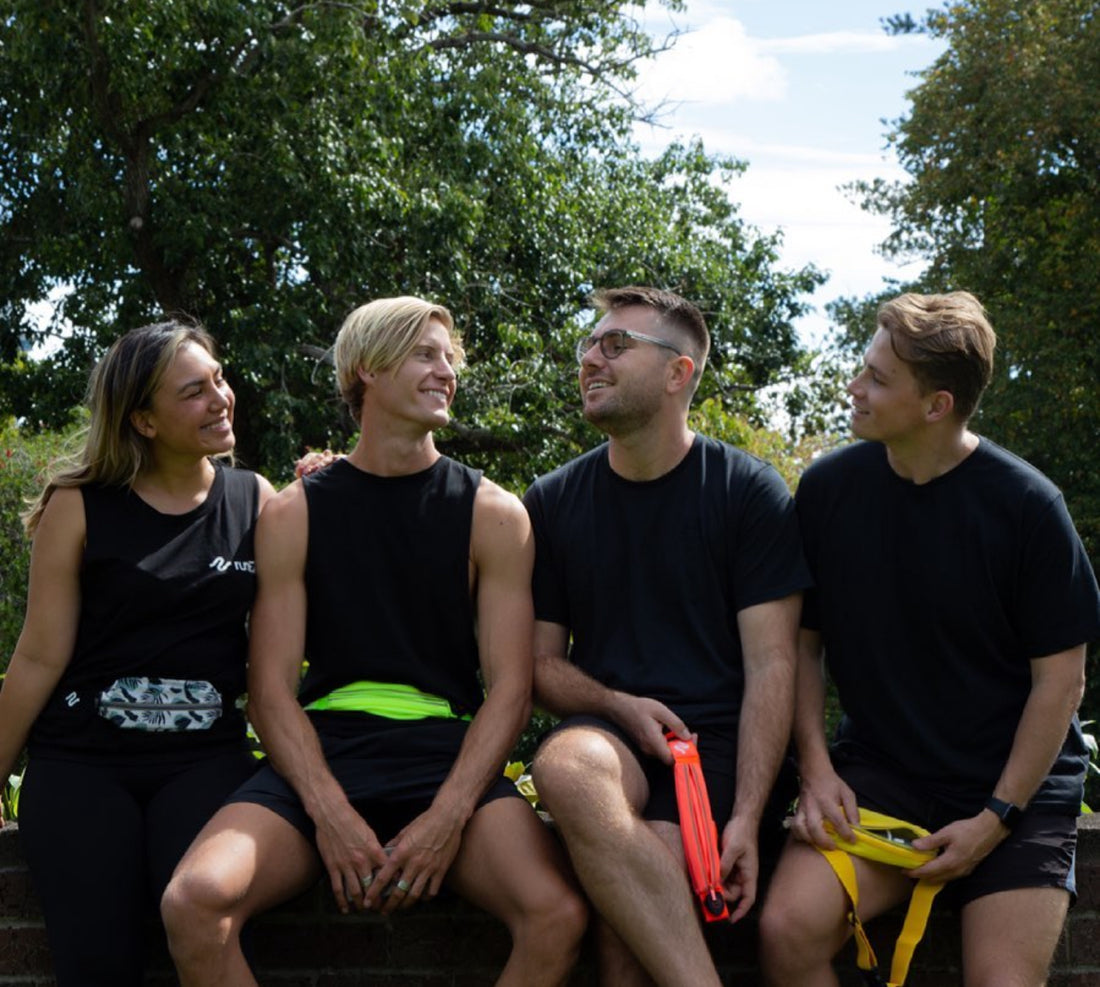So, you’ve made it to 7 km in your training – well done! 🎉
You’re now at a pivotal point in your journey toward completing a half marathon. Whether you're aiming for your first half or looking to improve your time, building up from here is crucial. Let’s break down some tips and strategies to help you make the leap from 7 km to 21 km successfully.
1. Follow a Structured Training Plan
Consistency is key, and a good training plan will keep you on track. At 7 km, you’re about one-third of the way there, so here’s how to structure the next few weeks:
-
Increase your long run distance gradually: Aim to add 1-2 km per week to your long run, giving your body time to adapt to the increased distance. If you're currently running 7 km, try to push to 8 km next week, then 9 km the week after.
-
Incorporate shorter runs and rest days: In between long runs, mix in 2-3 shorter runs (around 5-7 km) and have at least two rest or active recovery days (yoga, cycling, or walking) to avoid overtraining.
2. Strengthen Your Body
Running long distances requires a strong core and lower body. Add strength training to your routine 2-3 times per week to improve endurance and prevent injury. Focus on exercises like:
- Squats and lunges to strengthen your legs.
- Planks to build core stability.
- Glute bridges and calf raises to support your stride and reduce impact on your knees.
3. Prioritize Recovery
Recovery is just as important as the training itself. Without proper rest, your muscles won’t repair and strengthen in time for your next run. Make sure you:
- Stretch after every run to keep your muscles flexible and reduce stiffness.
- Consider foam rolling or massage to improve circulation and break down any knots.
- Get enough sleep! Aim for 7-9 hours per night to give your body ample recovery time.
4. Fuel Your Runs
The longer you run, the more attention you need to pay to your nutrition. For runs that last more than an hour, you’ll need to keep your energy up by fueling before and during your training.
-
Pre-run: Have a small meal with carbs and a bit of protein about 1-2 hours before your run (e.g., a banana with peanut butter or oatmeal with fruit).
-
During your run: Once your runs exceed an hour, consider bringing energy gels or snacks like raisins to fuel up mid-run. Hydration is key, so make sure to sip water or an electrolyte drink during longer sessions.
5. Embrace the Mental Game
Training for a half marathon is as much about mental toughness as it is about physical endurance. When you hit those challenging moments, remember:
- Focus on your progress: You’ve already made it to 7 km! Remind yourself how far you’ve come.
- Break it down: Instead of thinking about the entire distance, focus on getting to the next km marker.
- Visualize race day: Picture yourself crossing the finish line – a powerful motivator!
6. Stay Consistent and Listen to Your Body
Consistency is key in your training, but so is listening to your body. If you’re feeling fatigued or notice any pain, don’t hesitate to take an extra rest day or shorten a run. Injury prevention is essential to making it to race day.
Final Thoughts
Training for a half marathon is a rewarding journey, and you’re already well on your way at 7 km! By following a smart, structured plan and staying focused on gradual improvement, you’ll be crossing that 21 km finish line before you know it.
Lace up, trust the process, and enjoy the ride. You’ve got this!

